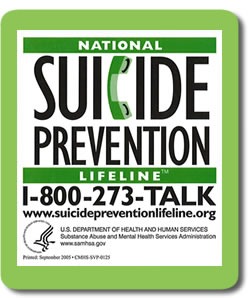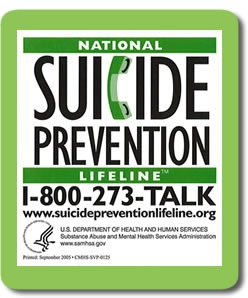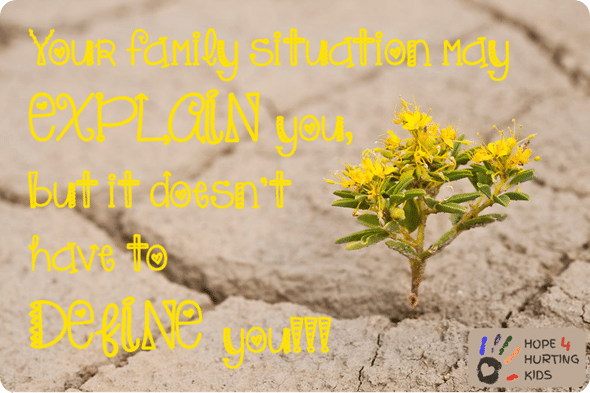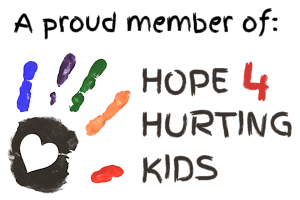
That’s one of the reasons we created I Am A Child of Divorce – so kids and teens whose parents are split up would have a place they could go to find information and other people who have at least some idea what you are going through. To do that, we’ve created all kinds of ways for you to connect and to begin to heal from your parents’ split. We want to bring some of those ways to your attention. Some are new resources, some have been totally redone to meet your needs better, and some have been around from day one. Regardless, here are a few ways you can connect with others and get help as you deal with the fall out from your parents’ split:
1. Online Support Group for Teens: We recently totally rewrote our online support group for teens to make them more accessible to you and allow you to work at your own pace. The teen support group consists of four zone, each with five modules, that tackle the issues and emotions faced by teens after their parents divorce/separate. Each module offers a variety of ways to dig deeper into what’s going on and move towards healing. Each module includes a self-guided interview, videos, a continuing narrative and resources. You can take advantage of as many or as few of these options for each module as you’d like (though we do strongly recommend that you at least complete the self-guided interview). In addition to these options, we have a confidential chat session in a private chat room every other week for people in the group. These sessions generally cover two modules but are flexible enough to cover just about anything you need to talk about. Each online session is led by a facilitator who serves to keep the conversation moving.
2. Confidential Facebook Group: Facebook may be that thing you stopped using once your parents got an account, but it still has some useful features, and we’re using one of them to help connect directly with you and create connections with others who have walked, and are walking, the same path. We created a brand new confidential Facebook group for teens and young adults whose parents are split up. In this group you can ask questions, share your stories, seek advice and even help other people out in responding to their questions. This group is private so only members of the group can see what you post, and we ask that all members keep things confidential in order to encourage people to be open and honest with what they are going through. You have to request membership, but once you’re in you can post and comment as much and whenever you’d like.
3. Ask Us: This is probably one of the neatest and most underused tools here on I Am A Child of Divorce. Anyone with an e-mail address can ask a question about whatever is on your mind or your heart, and one of our experts will get back to you with a personalized reply. If you are a member of I Am A Child of Divorce and you are logged in to the site, your questions are also password protected. Otherwise, just use the same e-maill address and you can access your old questions and our answers.














